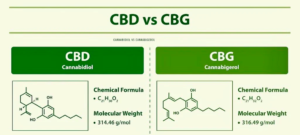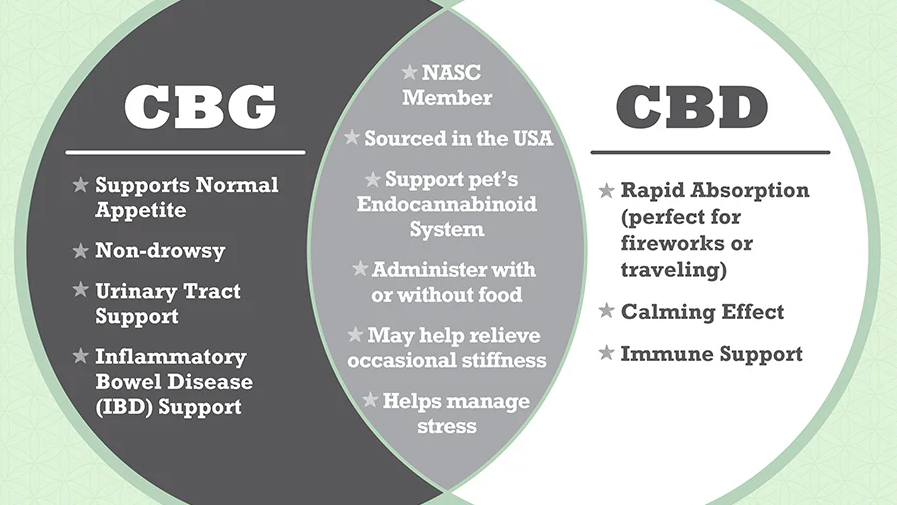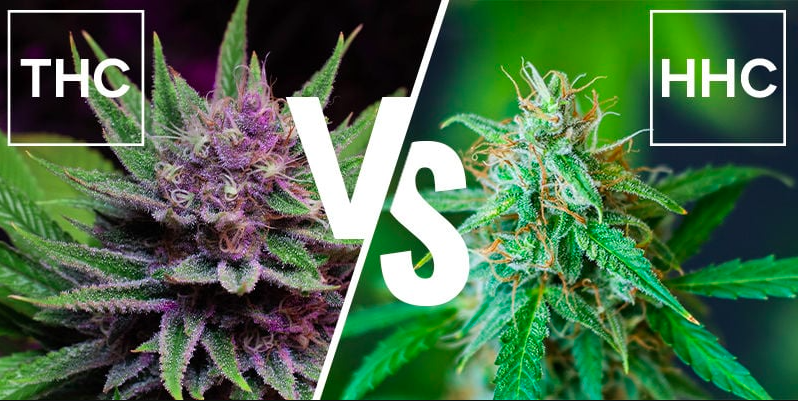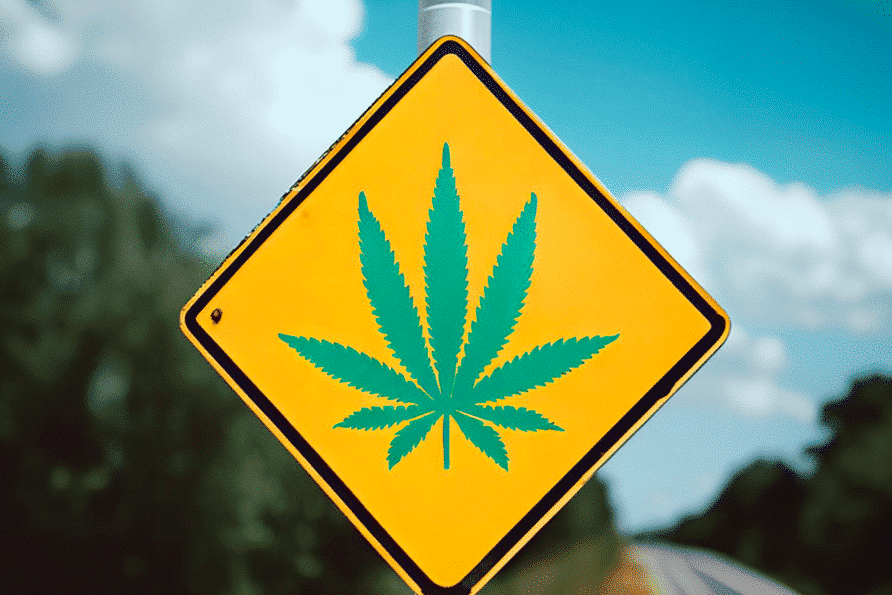In today’s era, every single day, the world is getting more and more digital. These developments in the world are the results of people’s efforts. So, to provide people with peace and mental relaxation, scientists have introduced a new thing in the market named CBD. You might encounter this term several times because it is getting more popular with each passing day. However, if you want to know about his product CBD in detail and CBG VS CBD read the below paragraphs.
If you want to know about CBG VS CBD, this article is the right place for you.

difference between CBG and CBD
CBG VS CBD:
CBD (Cannabigerol) and CBD (Cannabidiol) are both non-psychoactive compounds that are found in cannabis. CBG and CBD share some major similarities and they have distinct differences too. CBD has been commonly used in the treatment of anxiety and relieving stress while CBG helps to treat multiple sclerosis. Both CBD and CBG may help to treat certain inflammatory conditions and neurodegenerative.
When CBD and CBG compounds are taken orally they interact with cannabinoid receptors in the human body. These receptors are part of the endocannabinoid system and are part of the nervous system. These systems play significant roles in several processes in the human body like sensing pain, appetite, and memory.
CBD supports mood, and stress and normalizes inflammatory functions while CBG is well known for its potential to improve focus and concentration. It boosts positive feelings and mental clarity that’s why people are urged to use it to support better focus while working during the day hours and other activities, so we might find CBG more supportive in mood-boosting.
As mentioned earlier CBG and CBD have certain similarities and distinct differences:
Similarities:
- Both CBG and CBD are non-psychoactive which means they will not get you high
- Both have some significant therapeutic benefits like reducing pain and inflammation.
- Both CBG and CBD interact with the body’s endocannabinoid system.
Differences (CBG VS CBD):
- CBG has more focusing and energizing effects, while CBD is said to be relaxing and calming.
- CBG is said to be the forerunner to THC, CBD, and other cannabinoids.
- CBD has been more extensively studied than CBG but CBG is gaining more attention for its potential benefits that include reducing inflammation and anxiety.
- Like CBD, CBG is legal as long as it is derived from industrial hemp and contains no more than 0.3% THC.
- In most cannabis strains, CGB is less abundant which makes it more expensive to purchase and produce.
Although CBD and CBG both offer several potential benefits they differ in their structure, effects, and availability. CBG is often termed as the ‘mother’ of other cannabinoids and its unique properties are being explored for various therapeutic applications.

CBG and CBD
CBG Medical:
In medical terms, CBG can be effective for certain chemicals in the body to protect the brain and nerves to lower cholesterol and reduce swelling. CBG is being used to control blood fats and abnormal levels of cholesterol. It is also being used to stimulate appetite and for the treatment of IBD (Inflammatory Bowel Disease) and Huntington’s disease.
CBG has shown some potential benefits that include:
-
Sleep aid:
CBG can help regulate sleep patterns and enhance sleep quality.
-
Pain relief:
CBG may also help in reducing pain and inflammation, making it a potential alternative to traditional painkillers.
-
Antibacterial properties:
CBG has shown significant antibacterial effects that make it capable in treatment for bacterial infections.
-
Anxiety and stress:
CBG has anxiolytic (anti-inflammatory) effects. This effect may help to reduce anxiety and stress.
-
Inflammation reduction:
CBG has anti-inflammatory properties, which may help in the treatment of multiple sclerosis, arthritis, and inflammatory bowel disease.
-
Anti-tumor properties:
CBG has also shown significant anti-tumor effects for making potential treatments for various types of cancer.
-
Neuro-protection:
CBG helps protect the brain from nerve damage caused by neurodegenerative diseases, oxidative stress, and other conditions.
-
Gastrointestinal health:
CBG may also help to reduce inflammation and alleviate symptoms of IBS (Irritable bowel syndrome).
Although CBG offers certain therapeutic benefits there are some specific measures and precautions that you have to take while using CBG.
- There is no reliable information about CBG taken by mouth. There is no research-based evidence of saving the usage of CBG taken by mouth.
- The usage of CBD is also not recommended in pregnancy and to breastfeeding mothers. There is no evidence-based research to know if CBG is safe to use for breastfeeding and pregnant mothers.
- Another drawback of CBG is that it might lower your blood pressure. Medications for high blood pressure might interact with CBG and lower your blood pressure. This might cause blood pressure to go too low. Monitor your blood pressure closely while consuming CBG.
CBG Flower:
CBG flower known as cannabis flower contains high cannabigerol (CBG) content. As described earlier, CBG is a non-psychoactive cannabinoid that has gained attention for its plausible therapeutic benefits. CBG flowers are usually full-fledged from strains that are raised to have extraordinary levels of CBG, frequently at the cost of THC.
CBD flowers propose an exclusive outline of properties and possible aids comprising:
- Enhanced sleep quality
- Reduced apprehension and anxiety
- Greater attention and intelligibility
- Release from discomfort and infection
- Possible antiseptic and antifungal possessions
While choosing CBG flowers, we must always look for products that have been verified for CBG content and comprise insignificant THC (less than 0.3%). Some common CBG strains include:
- Jack Herer CBG
- CGB Diesel
- White CBG
- Harlequin CBG
- Sour G CBG
Read More: The Best and High Quality CBD Gummy Bears ( 2024 )
CBD cannabinoid effects:
CBD is a non-psychoactive cannabinoid that has shown numerous special effects on the body comprising:
-
Anxiety and stress reduction:
CBD has anxiolytic (anti-anxiety) effects and may help to lessen tension and stimulate relaxation.
-
Seizure control:
CBD has also been revealed to decrease the incidence and rigor of epilepsy seizures.
-
Pain relief:
CBD may help to lessen long-lasting pain, uneasiness, and inflammation.
-
Sleep aid:
CBD may also aid in normalizing sleep patterns and progressing the quality of sleep.
-
Inflammation reduction:
CBD has anti-inflammatory possessions which may aid with disorders like arthritis, inflammatory bowel disease, and multiple sclerosis.
-
Neuro-protection:
CBD may also assist in defending the brain from destruction produced by oxidative stress, neurodegenerative disease, and other circumstances.
-
Immune system regulation:
CBD might also aid in normalizing the immune system and prevent diseases.
-
· Gastrointestinal health:
CBD may also help to lessen inflammation and improve indications of irritable bowel syndrome.
-
Anti-tumor properties:
CBD has been shown to have anti-tumor effects, making it a possible treatment for several kinds of cancer.
-
Antibacterial properties:
CBD has been shown to have anti-bacterial effects, making it a possible treatment for bacterial infections.
It is essential to refer a healthcare professional before using CBD products, especially if you are considering them for medical purposes.




